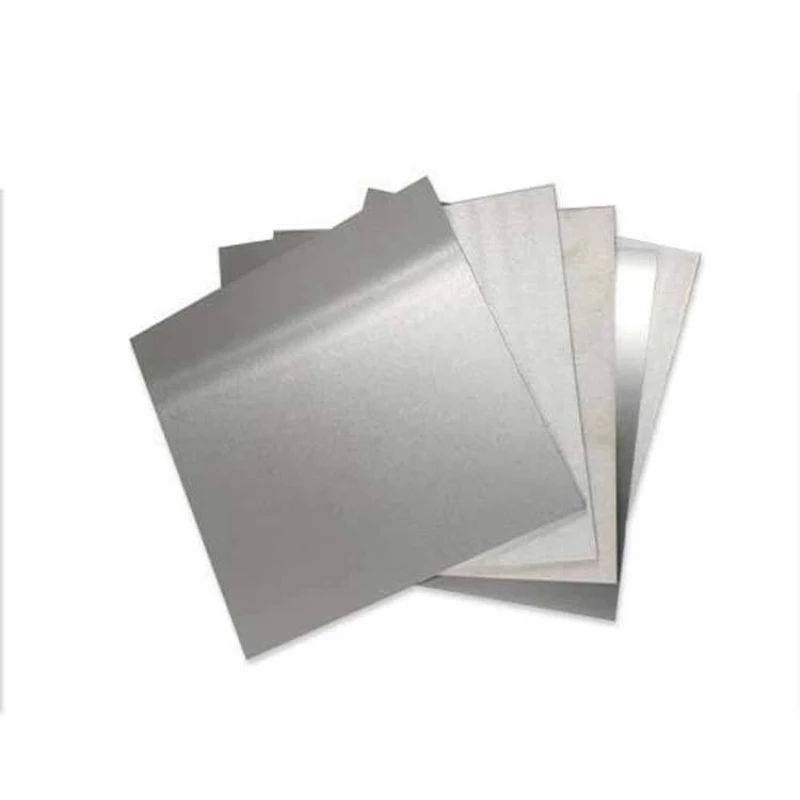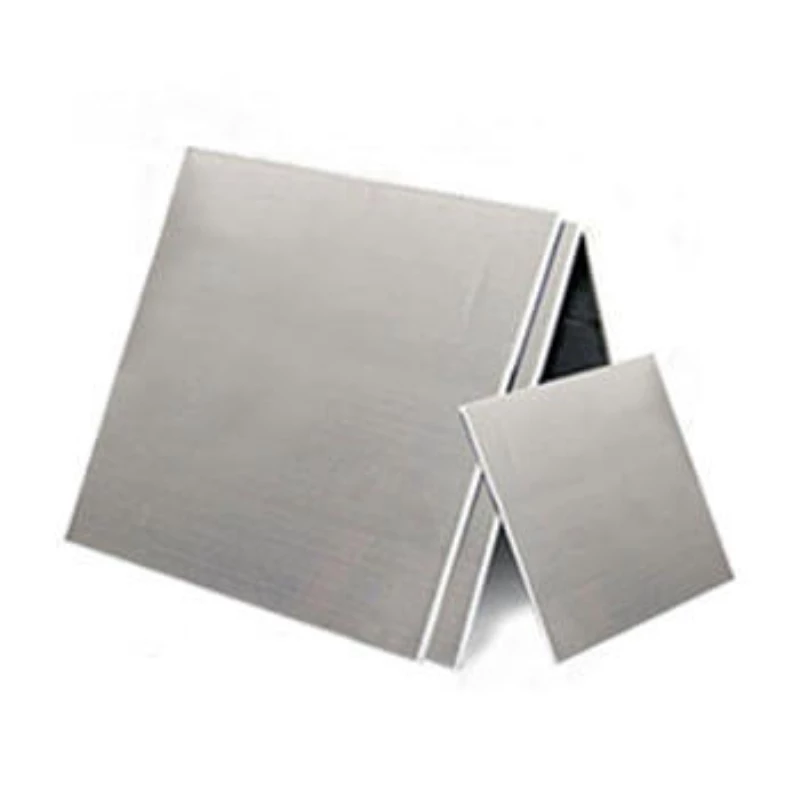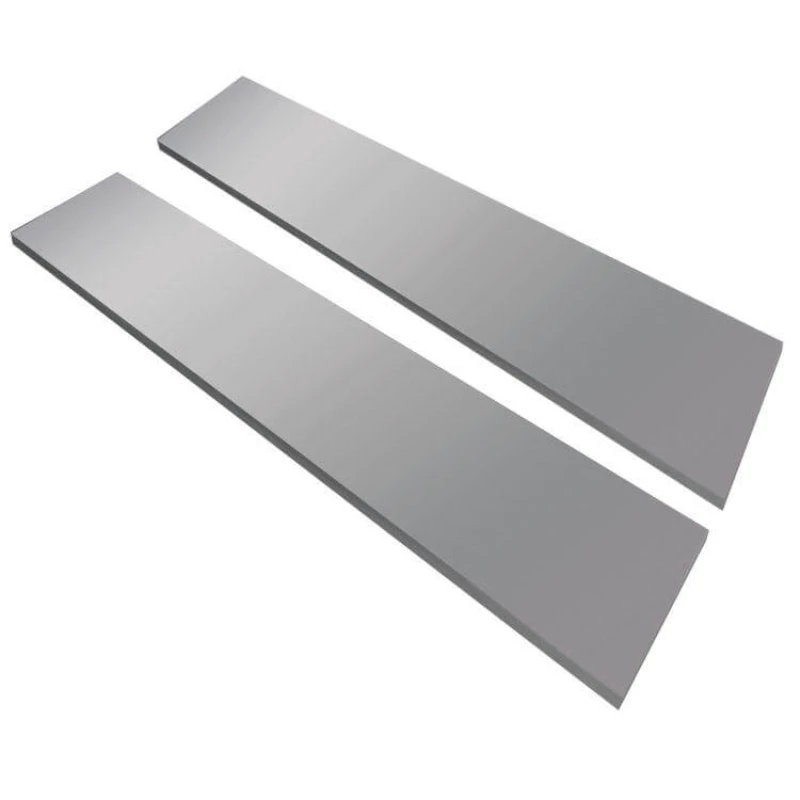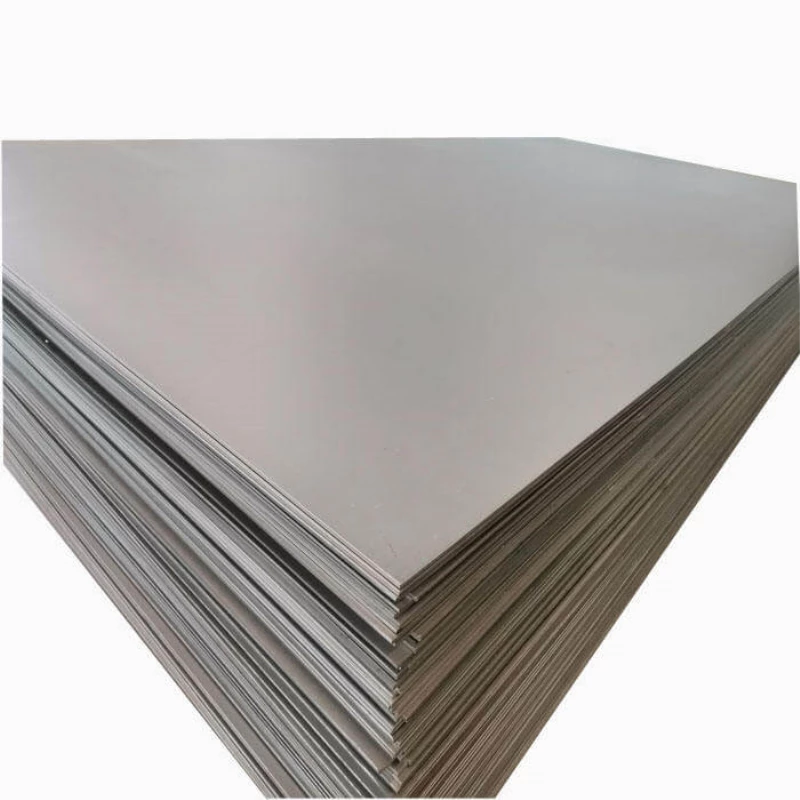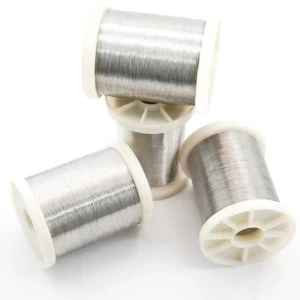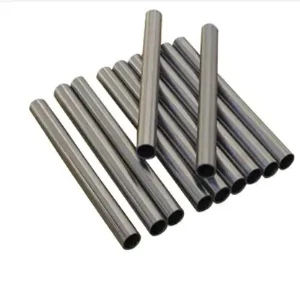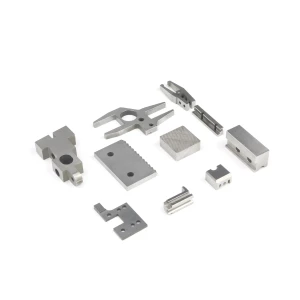Niobium uses and application areas
Iron industry
Approximately 85% to 90% of the world's niobium is used in steel production in the form of ferroniobium. Just adding 0.03% to 0.05% niobium to steel can increase the yield strength of steel by more than 30%. Niobium can also achieve dispersed distribution of precipitates and adjust the toughness level of steel within a wide range by inducing precipitation and controlling the cooling rate. Therefore, adding niobium to steel can not only improve the strength of the steel, but also improve the toughness, high-temperature oxidation resistance and corrosion resistance of the steel, reduce the brittle transition temperature of the steel, and make the steel have good welding performance and formability.
Superconducting materials industry
Some compounds and alloys of niobium have high superconducting transition temperatures and are therefore widely used in the manufacture of various industrial superconductors, such as superconducting generators, high-power magnets for accelerators, superconducting magnetic energy storage devices, nuclear magnetic resonance imaging equipment, etc. The most important superconducting materials at present are niobium titanium and niobium tin, which are widely used in magnetic resonance imaging instruments for medical diagnosis and nuclear magnetic resonance instruments for spectral line analysis.
Aerospace industry
The aerospace industry is the main application area of high-purity niobium, mainly used in the manufacture of rockets, spacecraft engines and heat-resistant parts. Niobium-tantalum thermal-strength alloy has good thermal strength, heat resistance and processing properties, and is widely used in the manufacture of parts for aircraft engines and gas turbine blades.
Atomic energy industry
Niobium has good thermal conductivity, high melting point, good corrosion resistance, and low neutron capture cross-section, making it a very suitable material for atomic energy reactors. The main uses of niobium in the atomic energy industry include: nuclear fuel cladding materials, nuclear fuel alloys, nuclear reactor heat exchanger structural materials, etc.
Electronics industry
Niobate ceramics are used to make capacitors. Single crystals of compounds such as lithium niobate and potassium niobate are new crystals in the field of optoelectronics. They have good piezoelectric, pyroelectric and optical properties and are widely used in infrared, laser technology and electronic industries. In addition, niobium has a high melting point, strong ability to emit electrons, and the ability to obtain gas, so it can be used to manufacture electron tubes and other electric vacuum devices.
Medical field
Niobium has good physiological corrosiveness and biocompatibility, will not interact with various liquid substances in the human body, will hardly damage biological tissues, and can adapt to any sterilization method, so it is often used in the manufacture of bone plates and skulls. Plate screws, dental implants, surgical instruments, etc.
Other apps
In the chemical industry, niobium is a high-quality material that is resistant to acid and liquid metal corrosion and can be used to make digesters, heaters, coolers, etc. In addition, niobic acid is also an important catalyst.
Niobium is also used in the foundry industry. Its main function is to form hard carbides (good for wear resistance) and change the shape and size of graphite flakes. Therefore, it is often used in the manufacture of automobile cylinder heads, piston rings, brake pads, etc. Niobium helps increase the light transmission properties of lenses and is therefore also used in the manufacturing of lenses in the optical industry.
| Product Name | Pure Niobium Plate/Sheet |
| Material | Pure niobium and niobium alloy |
| Dimension | As per your request |
| Grade | RO4200.RO4210,R04251,R04261 |
| Process | Cold rolled, Hot rolled, Extruded |
| Characteristic |
Melting point : 2468℃ Boiling point : 4744℃ |
| Application | Widely used in chemical, electronics, aviation and aerospace fields |
| Product Features |
Excellent Corrosion Resistance Good resistance to effect of heat |
| Niobium and Niobium Alloys Sheet Chemical Composition | ||||
| Element | Type1 (Reactor Grade Unalloyed Nb) R04200 | Type2 (Commercial Grade Unalloyed Nb) R04210 | Type3 (Reactor Grade Nb-1%Zr) R04251 | Type4 (CommercialGrade Nb-1%Zr) R04261 |
| Max Weight % (Except Where Otherwise Specified) | ||||
| C | 0.01 | 0.01 | 0.01 | 0.01 |
| N | 0.01 | 0.01 | 0.01 | 0.01 |
| O | 0.015 | 0.025 | 0.015 | 0.025 |
| H | 0.0015 | 0.0015 | 0.0015 | 0.0015 |
| Zr | 0.02 | 0.02 | 0.8-1.2 | 0.8-1.2 |
| Ta | 0.1 | 0.3 | 0.1 | 0.5 |
| Fe | 0.005 | 0.01 | 0.005 | 0.01 |
| Si | 0.005 | 0.005 | 0.005 | 0.005 |
| W | 0.03 | 0.05 | 0.03 | 0.05 |
| Ni | 0.005 | 0.005 | 0.005 | 0.005 |
| Mo | 0.01 | 0.02 | 0.01 | 0.05 |
| Hf | 0.02 | 0.02 | 0.02 | 0.02 |
| Ti | 0.02 | 0.03 | 0.02 | 0.03 |
The production and processing of niobium plate often involves complex metallurgical processes, including steps such as smelting, forging, rolling and cutting. Due to niobium's high melting point and special physical and chemical properties, its production and processing require precise temperature control and professional technology. Niobium plates can be manufactured in different thicknesses and sizes depending on specific application needs.
We have more categories for you. lf you can't find the products you want above,just fill in the form and tell us whatproducts you want to import from China.


